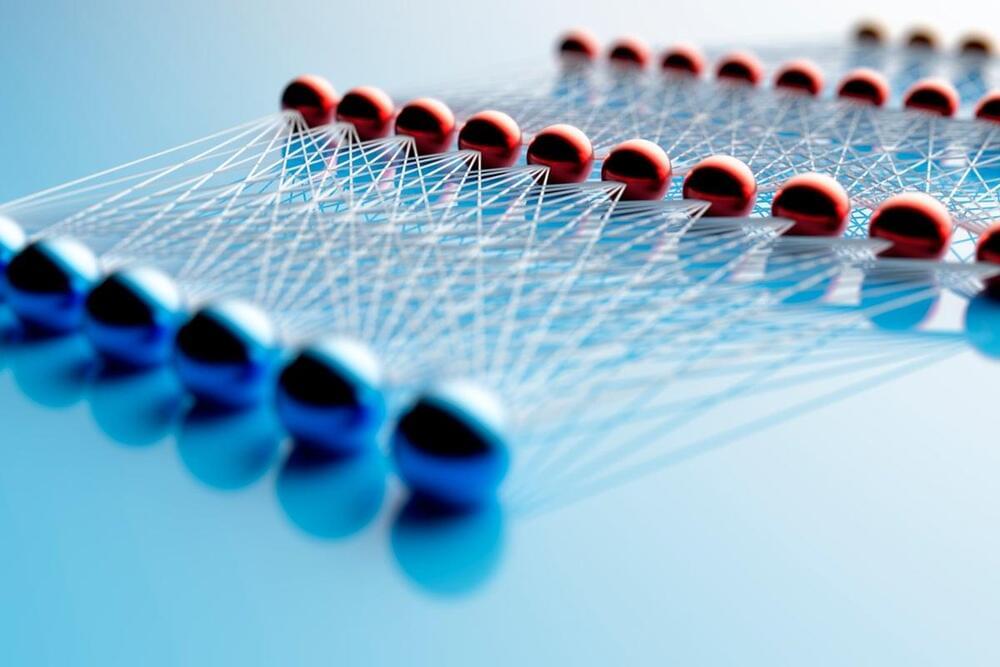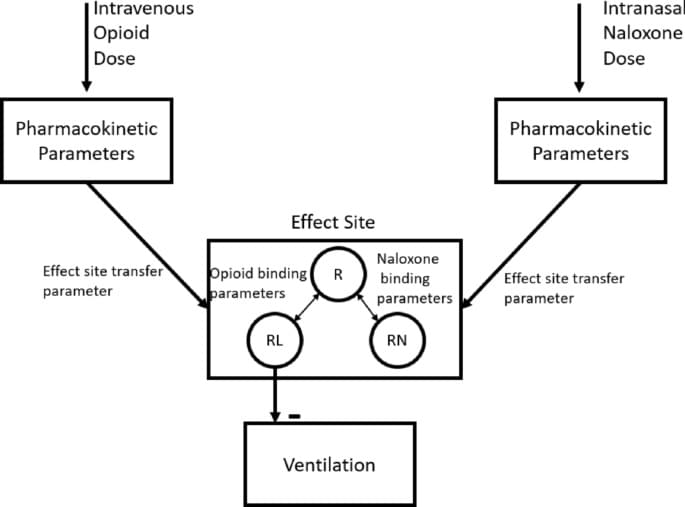How can rapidly emerging #AI develop into a trustworthy, equitable force? Proactive policies and smart governance, says Salesforce.
These initial steps ignited AI policy conversations amid the acceleration of innovation and technological change. Just as personal computing democratized internet access and coding accessibility, fueling more technology creation, AI is the latest catalyst poised to unlock future innovations at an unprecedented pace. But with such powerful capabilities comes large responsibility: We must prioritize policies that allow us to harness its power while protecting against harm. To do so effectively, we must acknowledge and address the differences between enterprise and consumer AI.
Enterprise versus consumer AI
Salesforce has been actively researching and developing AI since 2014, introduced our first AI functionalities into our products in 2016, and established our office of ethical and human use of technology in 2018. Trust is our top value. That’s why our AI offerings are founded on trust, security and ethics. Like many technologies, there’s more than one use for AI. Many people are already familiar with large language models (LLMs) via consumer-facing apps like ChatGPT. Salesforce is leading the development of AI tools for businesses, and our approach differentiates between consumer-grade LLMs and what we classify as enterprise AI.





